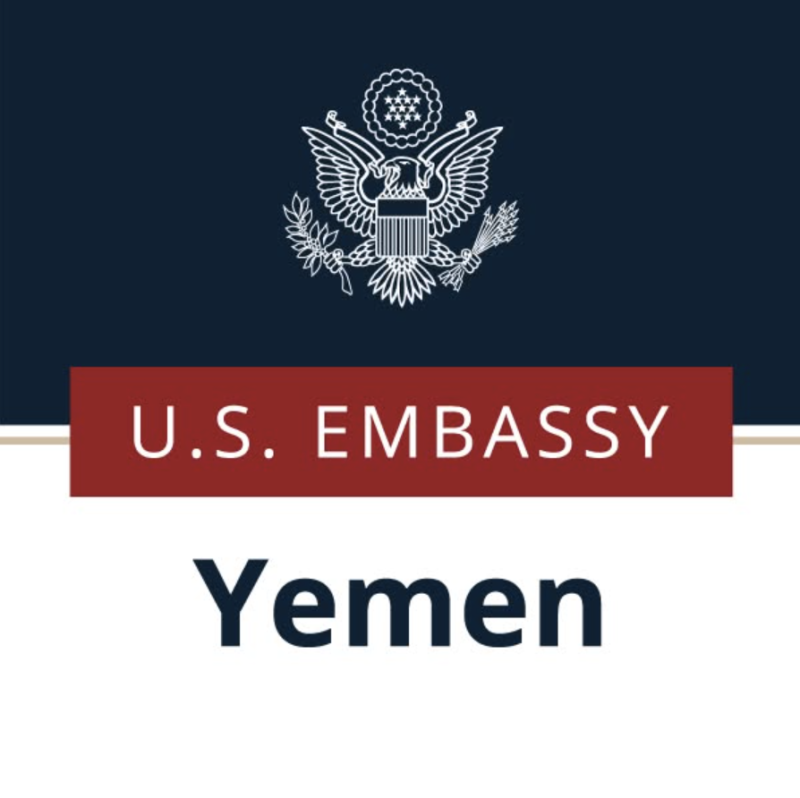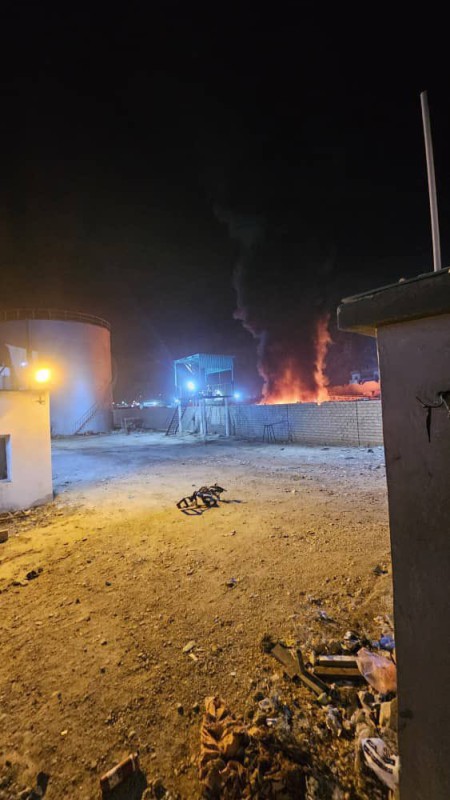Yemen PM warns against bowing to Houthi bullying over tanker
Yemen’s prime minister said the international community should take strong action against Houthi “blackmailing and bargaining” over a decaying oil tanker, the state news agency Saba reported, as he warned about a looming environmental disaster in the Red Sea.
The Safer tanker is carrying more than a million barrels of crude oil and is marooned off the Yemeni city of Hodeidah. Rust has eroded parts of the ship, allowing water to enter.
Prime Minister Maeen Abdul Malik Saeed, speaking to Russia’s ambassador to the country, said that the Iran-backed Houthi group had reneged on previous promises to allow UN experts to board the tanker and that there was the risk of heavy pollution.
The ship has not been repaired since 2014, when the Houthis seized control of Hodeidah. The militia has banned international engineers from visiting the ship and insisted on sharing the cargo’s revenues.
Saeed urged the international community, the UN, the Security Council and the Russians to put maximum pressure on the rebels in order to avoid an environmental disaster, adding that his government welcomed and would comply with all solutions that would lead to emptying the tanker.
The Yemeni government has suggested selling the oil and using the revenues to pay public servants in Hodeidah and other Yemeni provinces as it fears the Houthis might use the money to pay their fighters.
Yemeni Foreign Minister Mohammed Al-Hadrami also shared his concerns about oil leaks from the tanker in a phone call with Germany’s ambassador to Yemen, Karola Molar.
Al-Hadrami urged continued pressure on the Houthis until they allowed UN experts to see the tanker, Saba reported.
Human Rights Watch on Monday criticized the Houthis’ “reckless” denial to allow UN experts to board the ship, urging the Iranian regime to use its leverage to convince the Houthis to change their mind about the visit and prevent an environmental disaster that could contaminate the Red Sea.
“The Houthi authorities are recklessly delaying UN experts’ access to the deteriorating oil tanker that threatens to destroy entire ecosystems and demolish the livelihoods of millions of people already suffering from Yemen’s war,” Gerry Simpson, associate crisis and conflict director at Human Rights Watch, said in a statement.
“Governments concerned about Yemen’s humanitarian crisis should recognize the danger the Safer tanker poses and press to avert further tragedy. The Houthis’ continued refusal to allow UN access could result in devastating consequences for the environment and people across Yemen and the wider region,” Simpson added.
Meanwhile the Aden-based Supreme National Emergency Committee announced on Sunday that it had evacuated all Yemenis who had been stranded abroad due to global coronavirus lockdowns.
It repatriated 17,627 citizens who went back home on 114 flights and voyages from Saudi Arabia, Egypt, India, Jordan, Djibouti, the UAE, Sudan and Malaysia, the committee said.
But hundreds of stranded Yemenis also entered the country through land crossings with Oman and Saudi Arabia.
Yemen began repatriation flights in late May, despite concerns about the spread of coronavirus in the country.
The stranded citizens were first asked to supply a negative polymerase chain reaction test, before the government replaced this requirement with temperature checks at airports.
In March, Yemen’s internationally recognized government canceled flights to and from the country’s airports to prevent the spread of coronavirus. Thousands of Yemenis stranded abroad appealed to the government to arrange rescue flights for them as they had run out of money.




